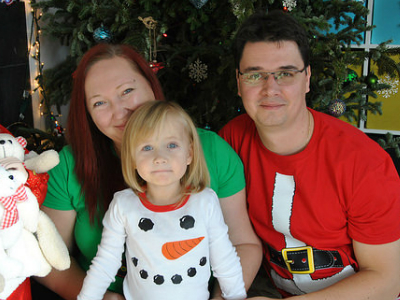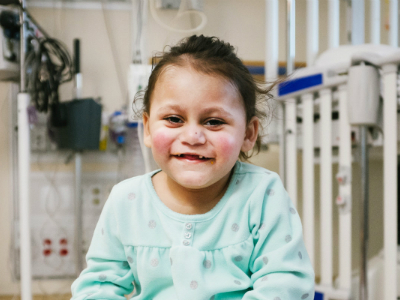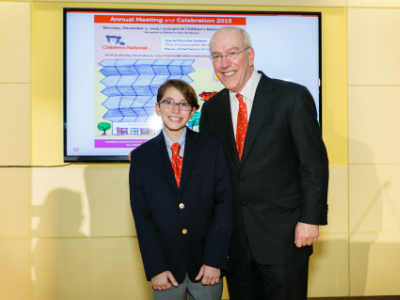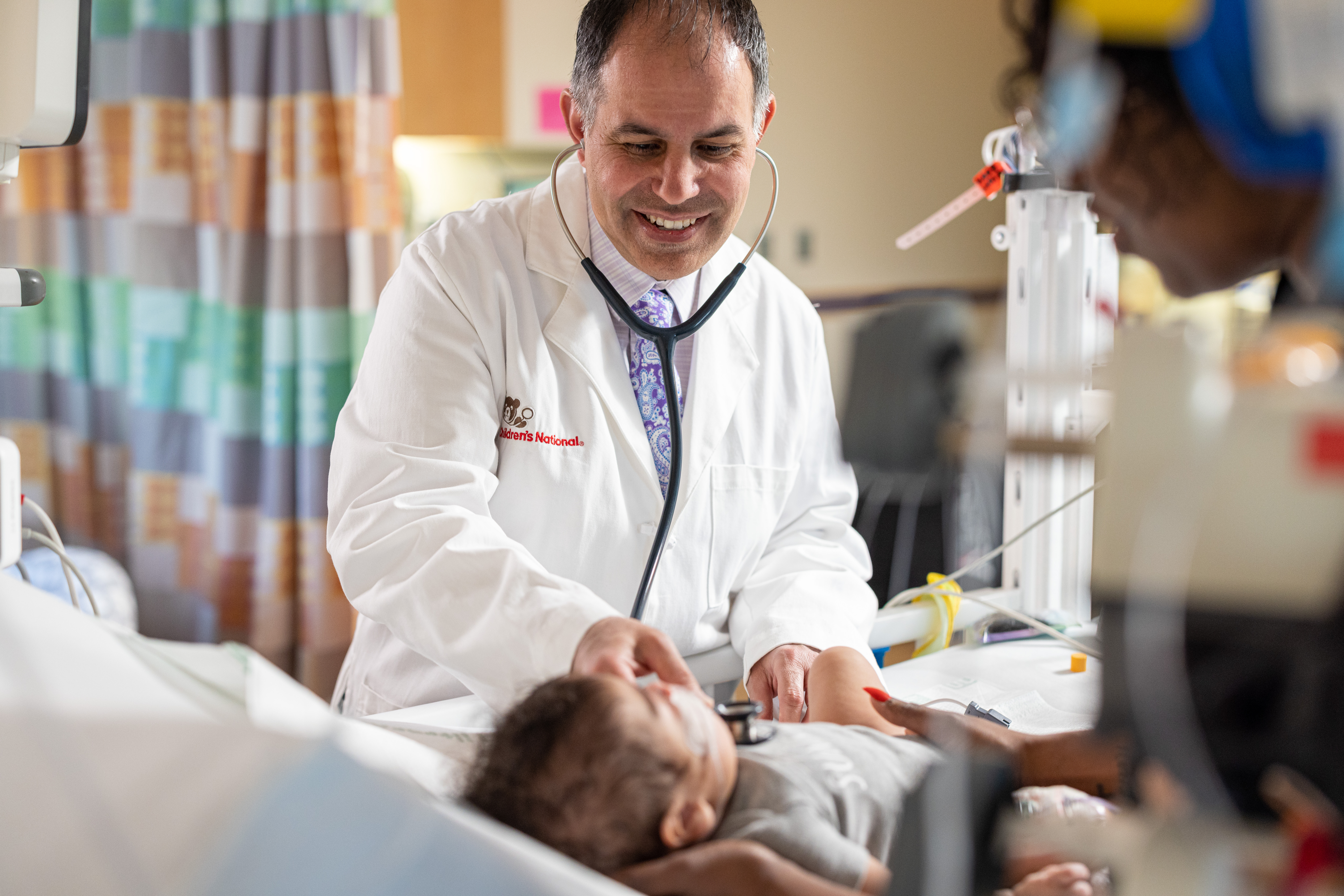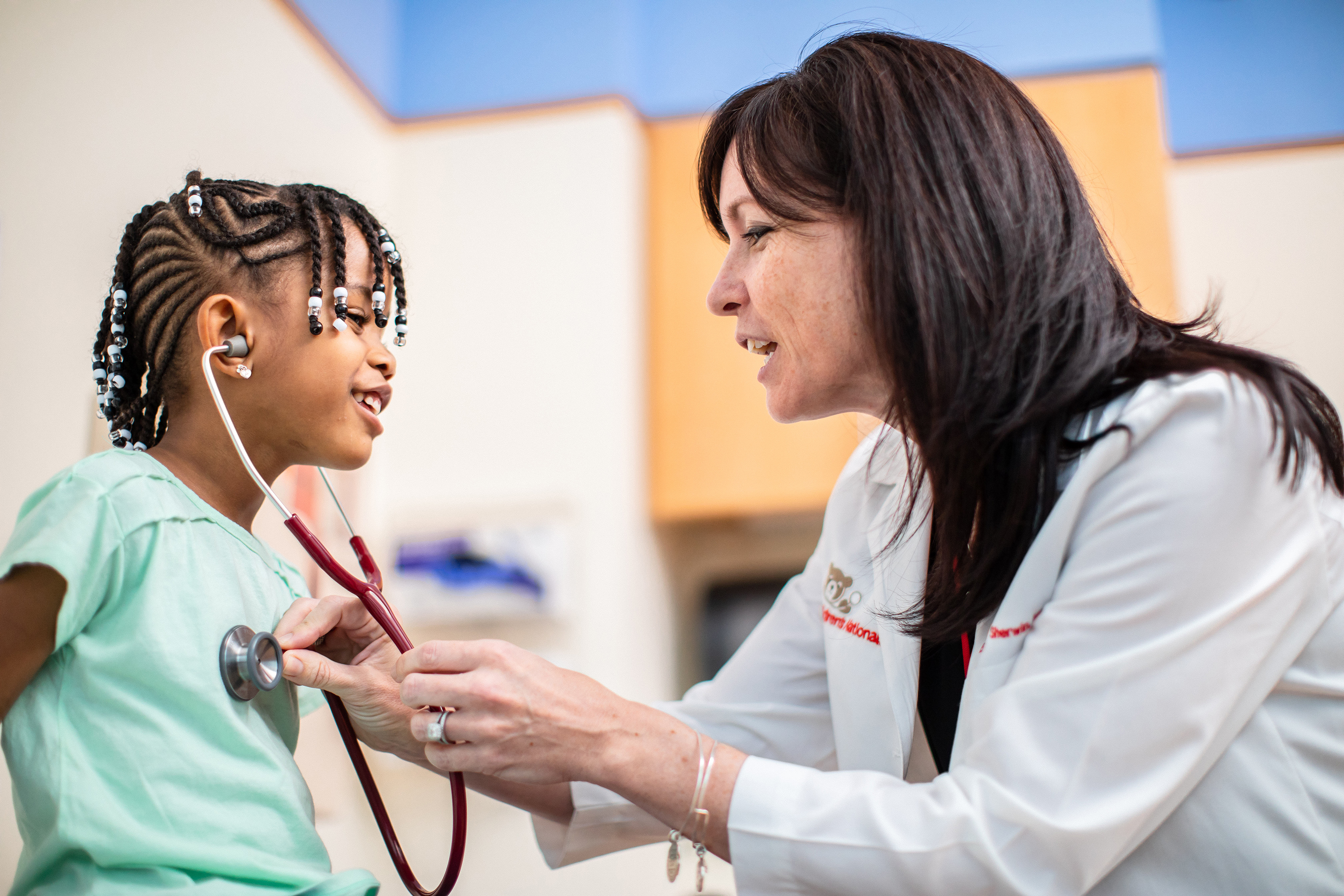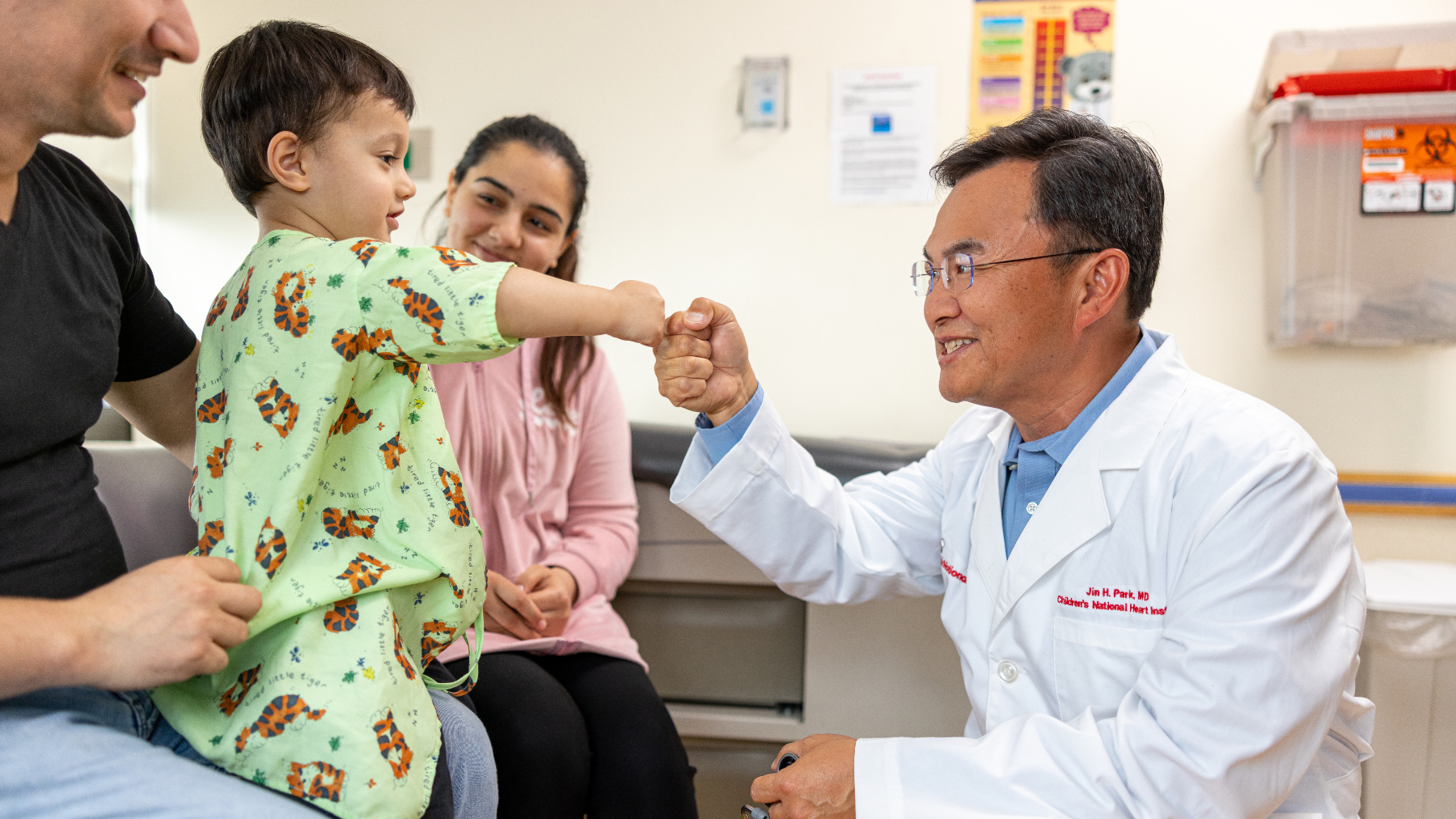Condition
Pediatric Cardiomyopathy
What You Need to Know
Cardiomyopathy is any disease of the heart muscle in which the heart loses its ability to pump blood effectively.
Key Symptoms
The most common symptoms of cardiomyopathy are:
- Breathlessness
- Swelling of the legs, ankles and feet
- Abdominal bloating from fluid buildup
- Fatigue/exhaustion
- Rapid, pounding or fluttering heartbeats
Diagnosis
Doctors typically diagnose cardiomyopathy by:
- Echocardiogram
- Electrocardiogram (ECG)
- Cardiovascular MRI
- Chest X-ray
Treatment
Treatment may include:
- Medication
- Surgery
Schedule an Appointment
Our pediatric specialists provide personalized care for your child’s physical, mental and emotional health needs. Meet our providers and schedule an appointment today.
Frequently Asked Questions
What is cardiomyopathy?
What are the symptoms of cardiomyopathy?
How does cardiomyopathy differ from other heart disorders?
What causes cardiomyopathy?
What is arrhythmogenic right ventricular cardiomyopathy (ARVC)?
What is hypertrophic cardiomyopathy?
What is dilated cardiomyopathy?
What is restrictive cardiomyopathy?
What is the treatment for cardiomyopathy?
Meet the Providers Who Treat Cardiomyopathy
Departments that Treat Cardiomyopathy

Cardiac Imaging
We have expertise in the full spectrum of cardiac imaging, including transesophageal, prenatal, 3-D, intracardiac, and stress echocardiography and cardiac MRI.

Help Kids and Make a Difference
Invest in future cures for some of life's most devastating diseases. Give today to help more children grow up stronger.

